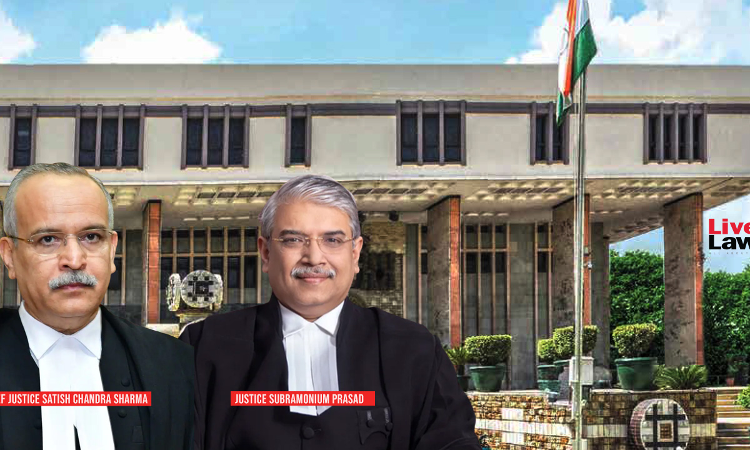The Delhi High Court on Friday dismissed a plea challenging a regulation mandating minimum marks of 50th percentile in National Eligibility-Cum-Entrance Test (NEET) as a mandatory requirement for admission to postgraduate courses. A division bench comprising of Chief Justice Satish Chandra Sharma and Justice Subramonium Prasad observed that there cannot be any compromise with the quality...

